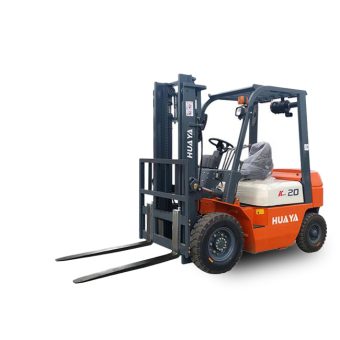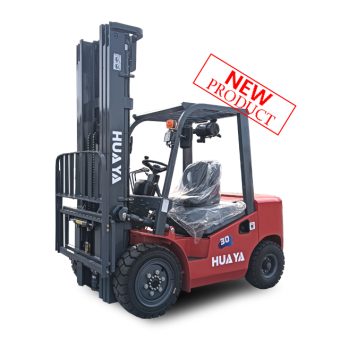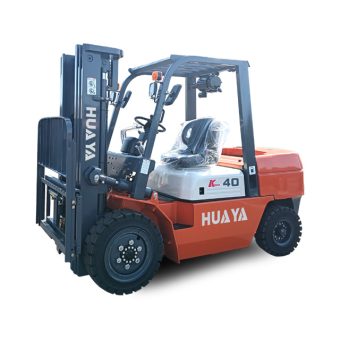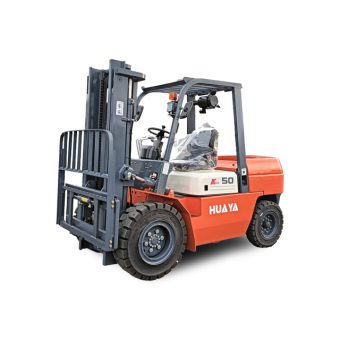
News
Choosing the right type of forklift for your operations can be a challenging decision. LPG (liquefied petroleum gas) forklifts and electric forklifts are two popular options with distinct advantages. In this article, we will compare LPG forklifts and electric forklifts, exploring factors such as fuel efficiency, environmental impact, and operational flexibility to help you make an informed decision.
LPG forklifts are known for their high fuel efficiency, making them a cost-effective choice for businesses with heavy-duty material handling operations. LPG fuel generally costs less than electricity, and refueling an LPG forklift is quick and convenient.
On the other hand, electric forklifts have lower fuel costs since they run on electricity. While the initial investment in an electric forklift is higher compared to an LPG forklift, the long-term cost savings on fuel expenses can be significant. Additionally, certain regions or facilities may have access to renewable energy sources, making electric forklifts even more environmentally friendly and cost-effective.
When it comes to environmental impact, electric forklifts are generally considered more eco-friendly than LPG forklifts. Electric forklifts produce zero emissions during operation, resulting in cleaner air quality and reduced carbon footprint. This makes them suitable for indoor operations, such as warehouses or distribution centers, where ventilation may be limited.
On the other hand, LPG forklifts emit carbon dioxide (CO2) and other exhaust emissions during their operation. However, advancements in LPG engine technology have improved their environmental performance, with reduced emissions compared to older models.
Operational flexibility is another important aspect to consider. LPG forklifts are known for their versatility, as they can be used both indoors and outdoors. They can operate in a variety of weather conditions and do not require recharging, allowing for uninterrupted operations.
Electric forklifts, while primarily designed for indoor use, have certain operational advantages as well. They produce less noise compared to LPG forklifts, making them suitable for noise-sensitive environments or nighttime operations. However, their use may be limited by the availability of charging infrastructure and the duration of runtime compared to an LPG forklift's continuous operation.
Choosing between an LPG forklift and an electric forklift depends on various factors, including fuel efficiency, environmental impact, and operational flexibility. LPG forklifts offer cost-efficiency and operational versatility, while electric forklifts provide lower environmental impact and potential long-term cost savings. Consider the specific needs of your business, such as indoor or outdoor operations, fuel availability, and charging infrastructure, to determine which type of forklift aligns best with your requirements and priorities.



